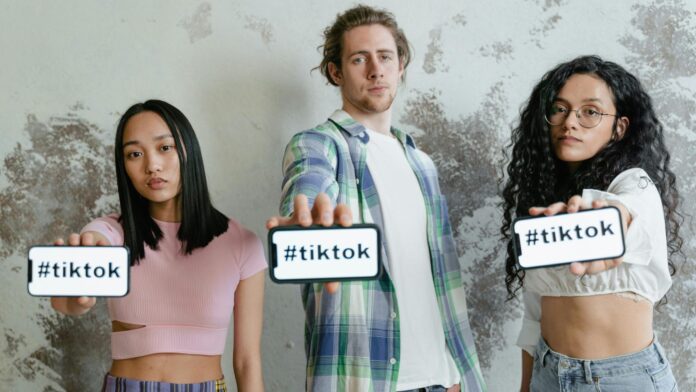After months of intense negotiations and policy back-and-forth, the future of TikTok in the United States remains uncertain. Despite recent signals that Beijing is open to a potential agreement, no final deal has been reached between the U.S. administration and the Chinese owners of the video-sharing app. The talks, which have dragged on for several months, center on one of the most sensitive issues in modern tech governance, how to balance innovation, data privacy, and national security in a globally connected digital ecosystem.
The Biden administration, continuing from concerns first raised during the Trump era, has maintained that TikTok’s Chinese ownership poses a potential threat to U.S. national security, particularly due to its data access and algorithmic control. Washington’s fear is that the Chinese government could gain access to American user data or manipulate content for political or strategic influence. In January 2025, President Biden set a firm deadline for a restructuring deal—requiring the app’s Chinese parent company, ByteDance, to either divest U.S. operations or face a complete ban.
However, when Donald Trump returned to office earlier this year, the policy took a nuanced turn. While his previous administration initiated the first ban attempt in 2020, Trump has since softened his stance, suggesting that a complete shutdown could have wide-reaching consequences. His current administration has delayed the ban temporarily, allowing TikTok to continue operating while efforts to finalize a mutually acceptable deal continue. The proposed framework would reportedly allow TikTok to operate in the U.S. under strict data-handling guidelines and possibly partial American ownership.
The ongoing debate reflects a broader geopolitical tug-of-war between Washington and Beijing over control of the digital economy. TikTok, with over 150 million active users in the U.S., represents far more than a social media platform, it is a test case for how governments will navigate the cross-border influence of digital technologies. For China, TikTok’s success stands as a symbol of its global tech competitiveness. For the U.S., however, it raises urgent questions about data sovereignty, algorithmic transparency, and the national implications of foreign-owned tech giants.
Industry experts warn that an outright ban could have significant repercussions. It could alienate millions of U.S. users and businesses that rely on TikTok for marketing, communication, and creative outreach. On the other hand, failing to address legitimate national security concerns could set a dangerous precedent, allowing sensitive personal and behavioral data to flow unchecked across borders.
Behind the scenes, both governments are seeking to maintain political leverage while avoiding economic fallout. For the U.S., forcing ByteDance to sell its American operations to a domestic entity, possibly a U.S.-based technology or investment firm, could provide a middle ground. Yet such a transaction would require approval from Chinese regulators, who have historically resisted allowing the transfer of proprietary algorithms, which Beijing classifies as a form of national technology.
For now, TikTok continues to operate under strict monitoring while users, investors, and policymakers await clarity. The situation underscores a defining challenge of the digital age: how democracies can protect national interests without stifling global innovation or curbing free expression. Whether the final outcome will result in a strategic compromise or a decisive split remains uncertain, but the TikTok case is poised to redefine how technology, governance, and global politics intersect in the coming decade.




